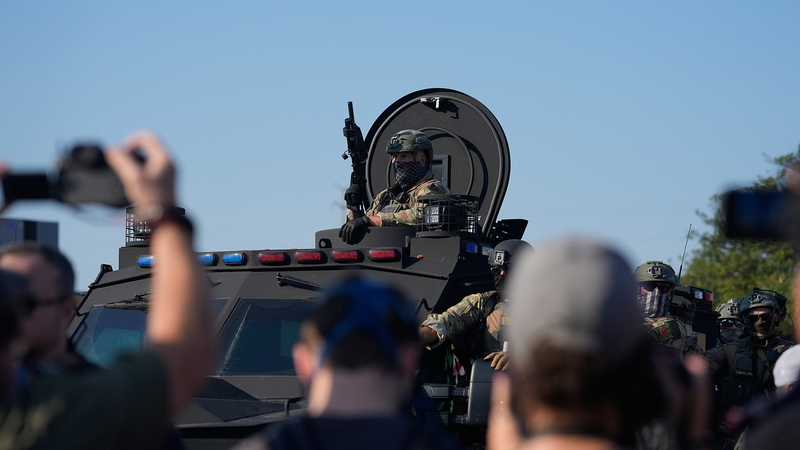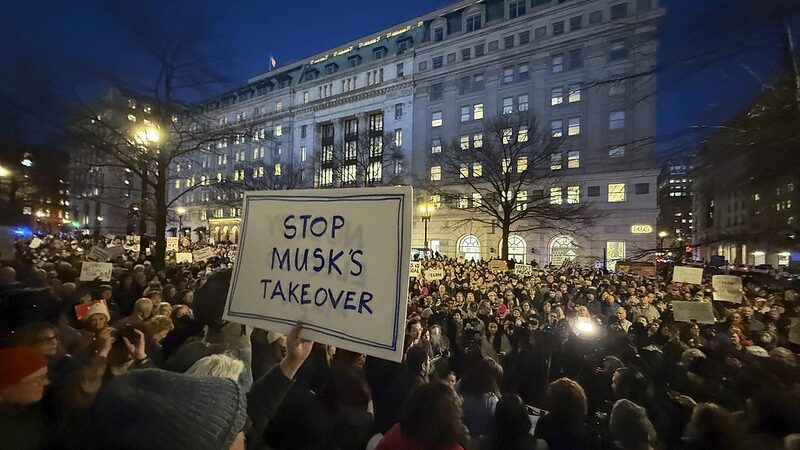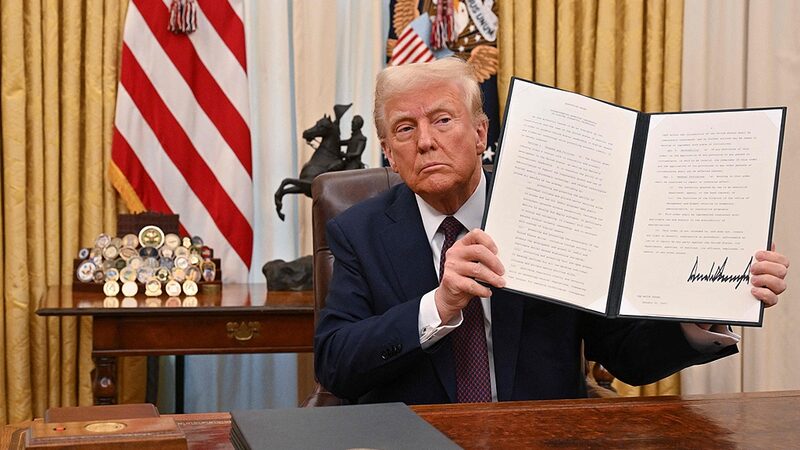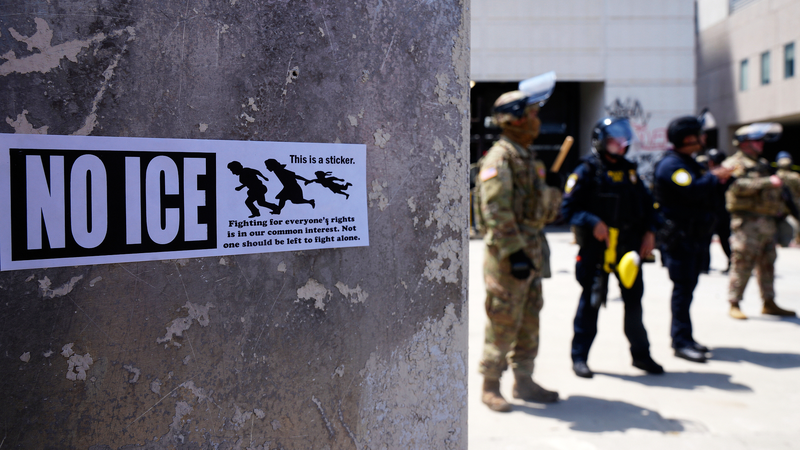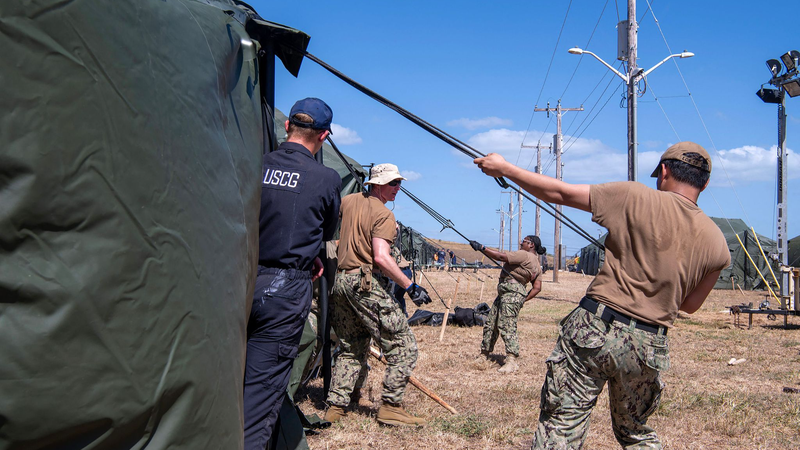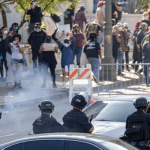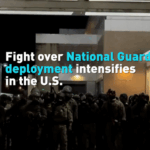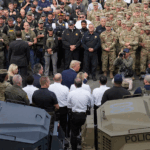Escalating tensions between U.S. federal authorities and local leaders dominated headlines this weekend after a federal judge blocked President Donald Trump's attempt to deploy troops to Portland, while a Department of Homeland Security (DHS) agent shot a motorist in Chicago. The developments highlight deepening divisions over federal intervention in urban centers.
U.S. District Judge Karin Immergut ruled Saturday that Trump's characterization of Portland as requiring military intervention was "untethered to the facts," noting protests there did not pose a "danger of rebellion." Oregon Senator Ron Wyden praised the decision, calling it a rejection of "provocative federal overreach."
Meanwhile, Illinois Governor JB Pritzker accused the Trump administration of issuing an "un-American ultimatum" demanding state National Guard deployment. The DHS reported a separate incident in Chicago where agents fired at an armed motorist during a vehicular confrontation, with conflicting accounts emerging about police response.
Analysts suggest these events reflect broader debates about federal authority and civil liberties. "When local and national leaders clash over security strategies, it creates uncertainty for residents and businesses alike," said Dr. Elena Martinez, a political scientist at Columbia University.
As investigations continue, both incidents underscore the challenges of balancing public safety concerns with constitutional protections during periods of social unrest.
Reference(s):
U.S. agent shoots Chicago motorist as judge blocks Portland troops
cgtn.com
